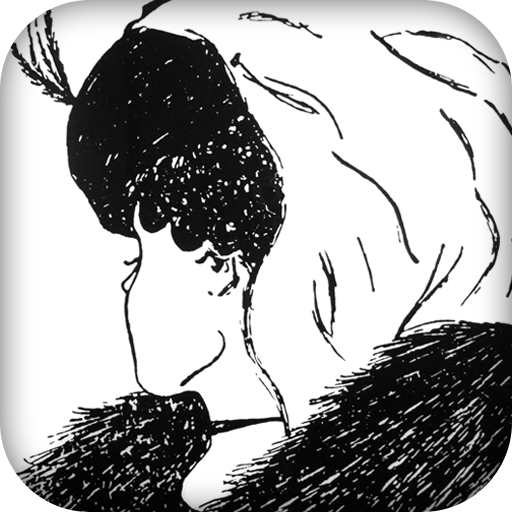Few words given from a damaged mind having completed, The Unnamable :
I see a cue ball. Pure white and spherical, if not elongated
like that of an egg. It is a swirling vortex of ‘thought’ or the voices that
play such a prominent role for the ‘unnamable’, which is what I suspect to be
the narratorial voice. It must be of another dimension, where the vortex of
ideas are translated so feebly, these swirling voices that are at once
‘stirring’ and stilled. The human being is motionless as the subject, whose
viewpoint is imprisoned somewhere behind the eyes, but as object the body is in
constant motion and its physicality defies inertia always. Phenomenal and
noumenal. As the voice that is at once ‘I’ and ‘not I’, Beckett continues to
give life to these paradoxes and make sense of why we can’t understand them, by
understanding them. How can one cope with being an innumerable lot of
personalities, ideas, directions, while convinced at the same time of being a
singularity. It’s the identity crisis, the existential crisis, and the death
and life crises’, presented in the terminal of what I imagine to be the Grand
Central Station of thoughts and Ideas. And this dark, or azure terminal has
found a voice of it’s own, thrust into existence by, “Where now? Who now? When
now? Unquestioning. I, say I. Unbelieving.” He is born. And being suddenly
aware, which I am sure is not the first time, but perhaps the last, he tries on
all sorts of gawky words that don’t help him very much at all, HE NEEDS
PRACTISE, and that is what the book is. The practice enough to fumble around
with many foreign, beguiling, uncertain words, enough to somehow state ones existence
better than was able before, before dying.

Yeah, the entire trilogy seems, as you say, like an exercise in "stat[ing] one's existence better than... before." With each novel, Beckett boils away more and more order, and what remains resembles the pure chaos of a mind. I don't think we ever get true consciousness on the page, but what we do get is ever closer. Maybe when Beckett wrote "Try again. Fail Again. Fail better," he was thinking about "Molloy," "Malone Dies," and "The Unnamable."
ReplyDelete